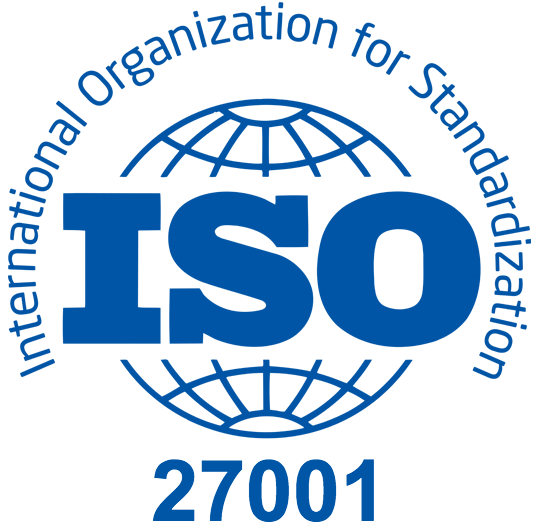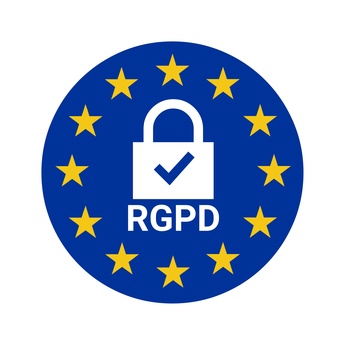Corporate culture, also called organisational culture, reflects your company’s values. It is visible in all parts of the company, from management principles and relationships with employees to goals and strategies. Although often overlooked by employees, corporate culture builds strength and cohesion in a company. It needs to be refined over time as professional trends change.
Why is Corporate Culture Important?
Organisational culture is far from incidental; it is the glue that holds a company together. It allows you to forge your employer brand and stand out from the competition. In the post-Covid era, where finding candidates is difficult, companies large and small need to make themselves attractive on the job market. If you develop a unique organisational culture, you will have a powerful tool to attract talents and build loyalty, reducing turnover and recruitment expenses. When employees identify with the values of the company they work for, they are also more motivated and loyal. This improves productivity and quality of work, makes for a better customer experience and boosts company profits.
Why Adapt Your Corporate Culture in 2023?
Times are changing… even more so since the outbreak of the pandemic. Organisational culture cannot remain static, perpetuating outdated practices from a bygone era. On the contrary, it is a tool that you can use to make the company more resilient. If you take into account social, economic and cultural shifts, you can keep your company in the running. We have witnessed an avalanche of changes in the professional world since 2020:
- Since the pandemic, temporary remote work has become a must-have perk for many employees who have experienced the comfort of working from home, feet snuggled in their favorite slippers. According to the Swiss Federal Statistics Office, 39.6% of Swiss employees were working remotely in 2021, compared to 24.6% in 2019 and 6.6% in 2001.
- The digital tools that make our work so much easier are becoming more complex and constantly changing, forcing employers and employees to be ever more agile.
- Each generation is different from the last. Generation Z, which is now arriving on the job market, has different expectations from generations X and Y. They are looking for independence and meaningful assignments.
- Traditional hiring processes are no longer applicable due to the labour crisis, which has reversed the balance of power between recruiters and candidates. Job dating and phygital recruitment are the new norms.
- Ecology is now of crucial importance, including in the professional environment, and employees care about these issues. Yet, only 23% of employees say they work for a company that takes these values into account, according to the Global Workforce Hopes and Fears Survey 2022.
Faced with this constant and rapid change, HR departments must constantly refine and adapt their corporate culture. Their mission is to redefine the company as it evolves and encourage employees to adhere to the company’s values.
Corporate Culture: Priorities
Corporate culture is obviously specific to each company. However, here are a few ways to bring your employees together around shared values.
- Collaborative Communication
Open the conversation to all subjects, without taboos: promotions, management methods, internal organisation, employee satisfaction, attractiveness of assignments, relationships with hierarchy, etc. Allow everyone to discuss these issues together. Maintain dialogue with surveys, polls and live videos to include your employees in improvements to company life.
- Cohesion without Borders
Many companies have subsidiaries or branches spread across the country or internationally. The objective is therefore to unite employees around a common vision of the company’s missions and values. Cohesion must also be strengthened for remote employees. There’s nothing like rituals via Teams or Slack for keeping in touch. Remote cocktail hours or coffee breaks help avoid isolation and create a sense of belonging.
- Work Based on Recognition
Employee satisfaction increases with regular recognition. A Moodwork 2022 study shows that 41% of employees who receive recognition say they are more motivated and 26% feel proud of their work. So don’t skimp on tokens of gratitude: financial benefits, gifts, verbal thanks, employee of the month, celebrating the winners of the year, etc. Mix and match rewards depending on the type of accomplishment.
- A Fully Embodied Corporate Culture
There is no point in building a rock-solid organisational culture if it is not applied by the entire hierarchy. On the contrary, it must be embodied at all levels, including by executive management and mid-level managers. This guarantees that employees will follow their lead.
- A Melting Pot
According to an OpinionWay study, 85% of employees advocate inclusion and diversity in the workplace. So use these new recruitment processes to your advantage. Speed recruiting is an opportunity to meet unexpected candidates, which will diversify your payroll and bring in new skill sets.
- Circular Labour Economy
You’ve got the best recruits and want to keep them? Capitalise on internal mobility by making continuing education an essential aspect of their career paths. A tablet or smartphone app, video conferencing or coaching, use currently popular types of training. This will motivate your employees and show them that you believe in their potential. A perfect finishing touch to a corporate culture focused on trust and respect.



